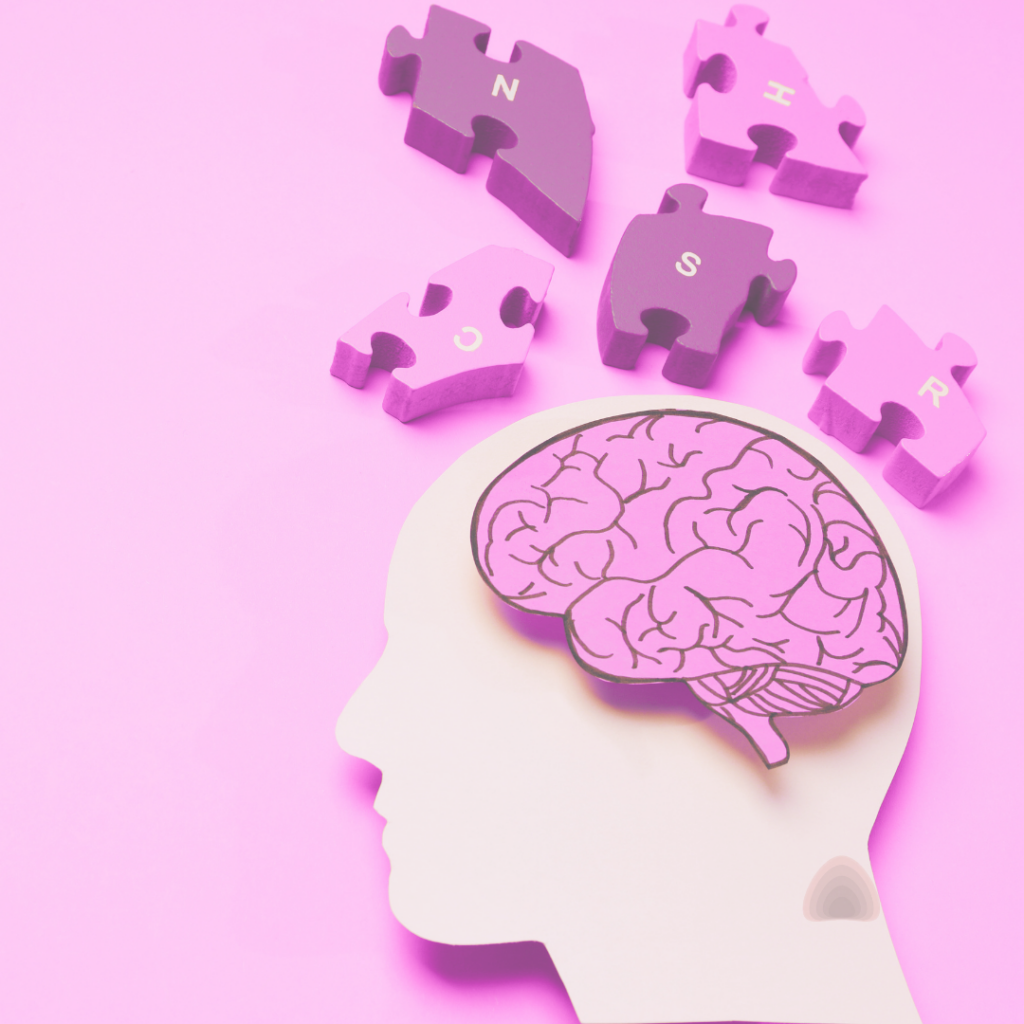Non-relational trauma refers to traumatic experiences that are not directly tied to interpersonal relationships. Unlike relational trauma, which involves harm or distress caused by other people, non-relational trauma stems from events and/or systemic issues. These traumatic experiences can impact an individual’s psychological, physical, and emotional well-being.
Here are some examples of non-relational trauma:
Witnessing Violence: Witnessing violence in person and/or through media, can be traumatic. Witnessing violence through media as a child could have a lasting impact if the image is not age appropriate, and there is no repair and/or context. A child witnessing violence in their community and/or at home, could impact the child’s sense of safety.
Serious Illness or Injury: A child spending time in the hospital due to life-threatening illnesses and/or severe injuries can be traumatic if there is no processing of the event. Children who are left with uncertainty about their condition can develop fear and/or lack of a sense of safety.
Displacement and Migration: Forced migration due to political unrest and/ or conflict can be traumatic. When a child leaves their home, school, and/or friends abruptly with no chance to process the change, it can impact their sense of self & safety.
Poverty: Childhood poverty is a preventable and traumatic condition worldwide. It’s a bit too simplistic to blame parents for their poor family planning or career choices. We live in a capitalistic society, and capitalism functions with the understanding that as few people as possible will have access to wealth, and there will be a large sub section of society who will be paid very little. When children grow up in a family and/ or environment that experiences chronic economic hardship, then it’s difficult to have their basic needs met. Poverty during childhood can have significant and lasting impacts on a child’s physical, cognitive, emotional, and social development.
Environmental Racism: Environmental racism refers to the disproportionate impact of environmental hazards and pollution on low income communities of color. Hazards often impact children’s developmental and physical development. Children impacted by their environment are often in medical institutions to treat symptoms while being re-expose to the root cause at home.
Colonialization : Colonization does two things at the same time; disconnect children from family & community (relational); and heightens their risk to mental health, addiction, and suicide because of government policies and more. Children who are experiencing the impact of colonization are often at risk of developing chronic health issues as an adult; living in poverty; and much more.
Non-relational trauma can result in symptoms such as intrusive thoughts, flashbacks, nightmares, anxiety, depression, avoidance behavior, and changes in mood. Just like relational trauma, non-relational trauma can have a profound impact on an individual’s mental, physical, and mental well-being. Ideally the initial threat should be either gone or has improved for therapeutic treatment to be successful. It is possible to access therapy while experiencing non-relational trauma, however, treatment goal might need to be adjusted.




